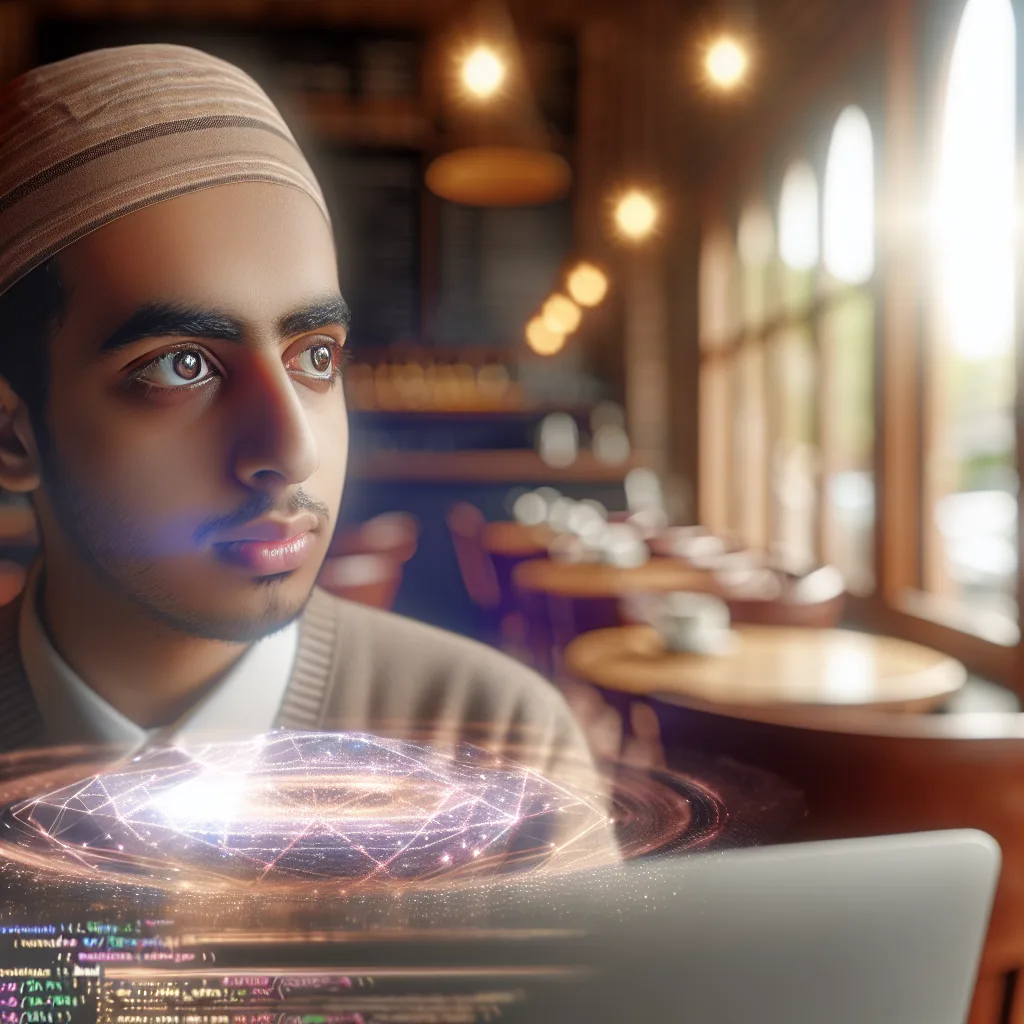Exploring concerns and hopes about AI’s impact on our tomorrow
Lately, I’ve found myself wondering about the future of AI—whether it’s heading toward some sci-fi nightmare or if there’s still room for optimism. It’s a pretty big question, especially today, because the future of AI feels both exciting and a little scary all at once. Maybe you’ve been thinking about this too.
You’ve probably seen experts like Roman Yampolskiy and Geoffrey Hinton talking about AI’s potential risks, and honestly, it can feel pretty overwhelming. Sometimes, it almost seems like we’re living through a real-life version of “Don’t Look Up,” where the warnings are loud but it feels like no one’s really listening. It’s easy to feel hopeless or stuck in an echo chamber of doom and gloom, wondering, “Is this really what’s coming next?”
Why Does the Future of AI Feel So Uncertain?
It’s natural to feel uneasy when powerful technologies are developing so fast. AI isn’t just changing how we do everyday tasks; it’s reshaping industries and even raising bigger questions about politics, ethics, and the future of work. The folks leading these developments are often tech CEOs and politicians who might not always inspire confidence in their handling of AI.
The unpredictability of AI growth—will it hit a limit soon, or keep accelerating endlessly?—adds to that sense of unease. The idea that AI could suddenly get “orders of magnitude” better, beyond what we can easily understand or control, is scary.
Can We Hope AI Will Plateau?
Here’s a thought I find somewhat comforting: what if AI is approaching a natural limit? The technology has come so far, so fast, but there might be ceilings to what it can achieve in the near term.
Experts debate this a lot. Geoffrey Hinton, for instance, has warned about risks of advanced AI, but also about the importance of careful development. You can learn more about his perspectives from reputable tech sites like MIT Technology Review and the Future of Life Institute.
If AI’s growth slows down or reaches a plateau, it might give us more time to build safer, better policies and technical safeguards. It’s also a chance for us regular people to get involved in discussions about how AI should be used and controlled.
What Can We Do As Individuals?
Feeling hopeless isn’t a good look, especially when it comes to big changes like AI. While it’s easy to get stuck in a negative mindset, it’s helpful to talk, learn, and stay curious about the future of AI. Here are a couple of things that can help:
- Follow trustworthy sources and experts who talk openly about AI’s challenges and potential.
- Think about how AI impacts your day-to-day life or work and what you want to see from it.
- Join community discussions or support policies that promote responsible AI use.
At the end of the day, the future of AI isn’t written in stone. It’s a mix of how fast the tech evolves and how wisely we choose to guide it.
If you’re feeling overwhelmed by the talk about AI’s risks, you’re not alone. But there’s room for hope and action, especially when we take the time to understand the full picture and speak up when it matters.
For more on AI and its impact, the AI Alignment Forum offers thoughtful conversations from experts working on these issues.
So, while the future of AI might seem uncertain or even scary sometimes, it’s not necessarily doomed. There’s a chance we’re heading toward a future where AI helps us more than it harms—and maybe even catches its breath before pushing forward again.
